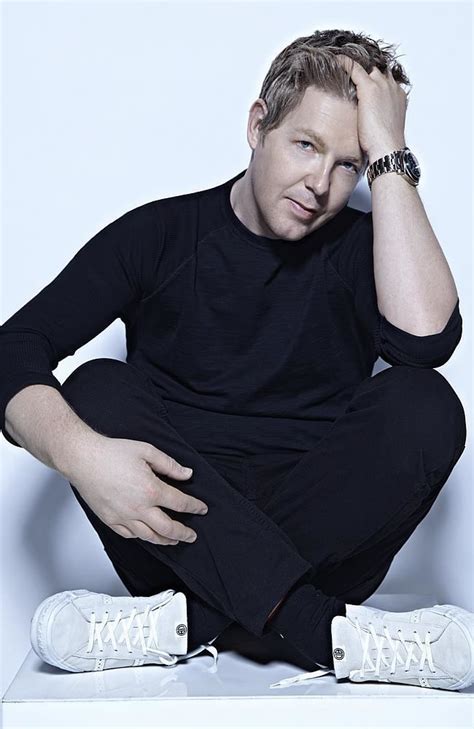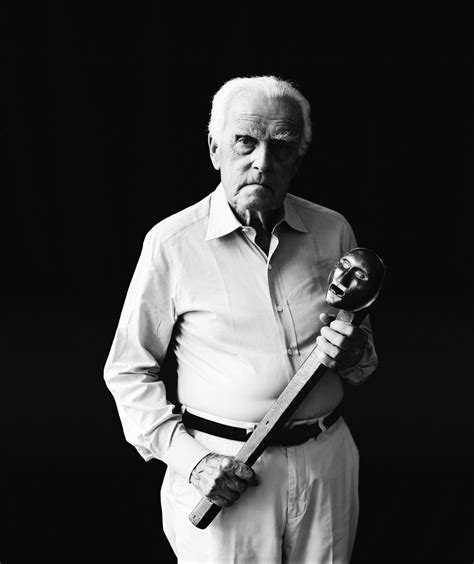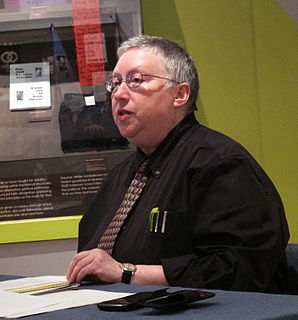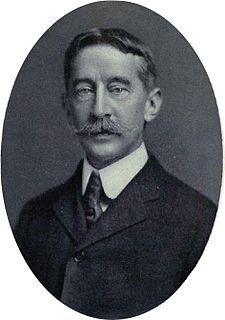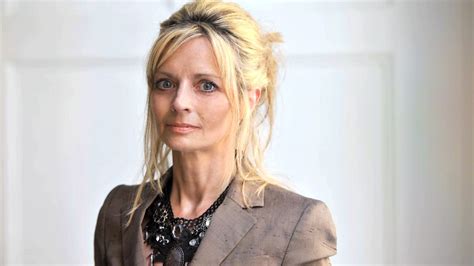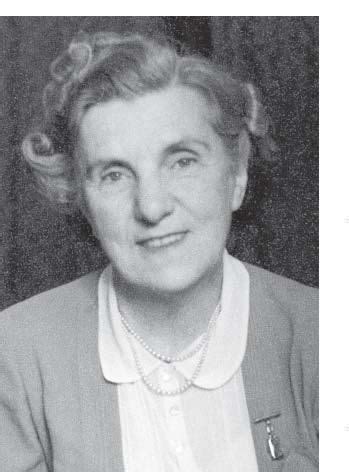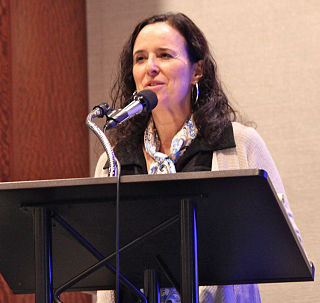A Quote by Jules Henry
Human beings have the capacity to learn to want almost any conceivable material object. Given, then, the emergence of a modern industrial culture capable of producing almost anything, the time is ripe for opening the storehouse of infinite need!... It is the modern Pandora's box, and its plagues are loose upon the world.
Related Quotes
Industrial Society is not merely one containing 'industry,' large-scale productive units capable of supplying man's material needs in a way which can eliminate poverty: it is also a society in which knowledge plays a part wholly different from that which it played in earlier social forms, and which indeed possesses a quite different type of knowledge. Modern science is inconceivable outside an industrial society: but modern industrial society is equally inconceivable without modern science. Roughly, science is the mode of cognition of industrial society, and industry is the ecology of science.
. . . the example given by the Nazi regime as to the ability of a modern state to destroy human lives with the same techniques used by modern industry, employing the bureaucratic apparatus readily available to any modern state, is one that can hardly be ignored. Because although history may not repeat itself, it is rare that anything introduced to human history is not used again. Whether the Holocaust was unique or not in terms of its precedents is one question; whether it will remain so is quite another.
The modern world is not evil; in some ways the modern world is far too good. It is full of wild and wasted virtues. When a religious scheme is shattered (as Christianity was shattered at the Reformation), it is not merely the vices that are let loose. The vices are, indeed, let loose, and they wander and do damage. But the virtues are let loose also; and the virtues wander more wildly, and the virtues do more terrible damage. The modern world is full of the old Christian virtues gone mad. The virtues have gone mad because they have been isolated from each other and are wandering alone.
The capacity to tolerate complexity and welcome contradiction, not the need for simplicity and certainty, is the attribute of an explorer. Centuries ago, when some people suspended their search for absolute truth and began instead to ask how things worked, modern science was born. Curiously, it was by abandoning the search for absolute truth that science began to make progress, opening the material universe to human exploration.
Contrary to received wisdom, the British are not an insular people in the conventional sense - far from it. For most of their early modern and modern history, they have had more contact with more parts of the world than almost any other nation - it is just that this contact has regularly taken the form of aggressive military and commercial enterprise.
The idea that we live in a post-modern culture is a myth. In fact a post-modern culture is an impossibility; it would be utterly unlivable. Nobody is a post-modernist when it comes to reading the labels on a medicine bottle versus a box of rat poison! You better believe that texts have objective meaning!
















